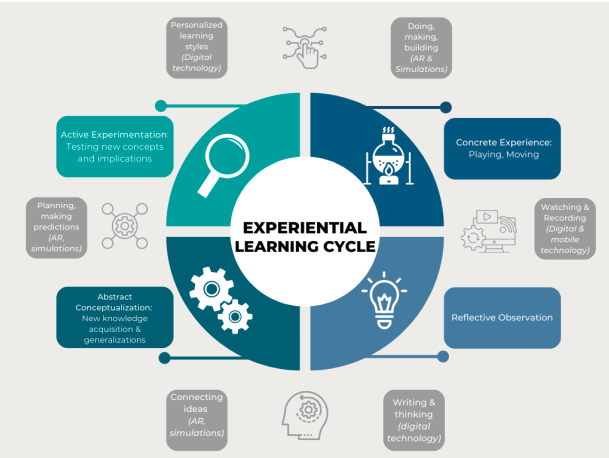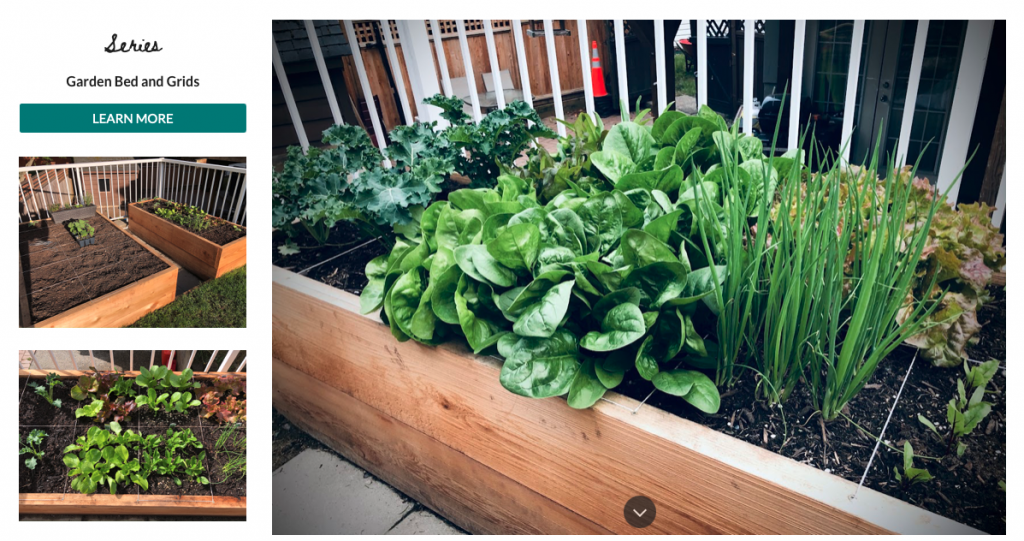Summary of SyMETRI meeting May 31st, 2023 by Qiaochu Xu
Presenter/Guest Speaker: Christina Reis from the Department of Curriculum and Pedagogy, Faculty of Education, UBC
Date: May 31st, 2023
Host: Dr. Cynthia Nicol
In the SyMETRI meeting on May 31st, 2023,
Christina Reis shared her capstone project which is an amazing website called Market Math – it’s interdisciplinary and centred around a school farmer’s market. Her project explores teaching about a farmer’s market and integrating technology in education.
Christina began by answering why it’s important to teach about a farmer’s market and integrate technology. She explained that teaching about a farmer’s market offers a comprehensive educational approach that combines various subjects such as mathematics, agriculture, financial literacy, and nutritional awareness. By connecting students with real-world contexts and their local environments, they can actively engage with relevant content and gain a deeper understanding of mathematics. Moreover, incorporating technology into the farmer’s market experience, whether by using virtual platforms or augmented reality, presents exciting opportunities to streamline processes, empower local producers, and enrich the educational experience by blending traditional practices with innovative technological approaches.
Christina’s research is centred on investigating how technology, including simulations and technology-based platforms, can enrich and support each stage of Kolb’s Experiential Learning Cycle (ELC) in the setting of a Middle School farmers’ market. However, it is important for educators to be aware of potential challenges associated with technology, such as the need for proper training, the possibility of student distractions, and the potential for disconnection from the natural environment. By addressing these challenges, educators can effectively harness the power of technology to enhance the experiential learning process.
Christina’s project is based on Kolb’s Experiential Learning Theory (ELT) and the Experiential Learning Cycle (ELC). ELT emphasizes the importance of experience in knowledge formation and the learning process. ELT highlights the significance of experience in shaping and evolving knowledge, emphasizing the learning process and the role of practice. The Experiential Learning Cycle (ELC) comprises four essential components: concrete experience, reflective observation, abstract conceptualization, and active experimentation. These components enable hands-on learning experiences and facilitate the connection between theoretical concepts taught in the classroom and their real-world application.
As education continues to evolve, the integration of technology can enhance the various components of experiential learning and bridge the gap between theoretical knowledge and its practical implementation. Christina highlighted the blending of math and technology, and she has prepared a series of multiple lesson parts that will explore mathematical concepts in depth. Here are some examples from her website:
Budgeting and Financial Literacy
Series Duration: 4 Sessions || Grade Level: 6-8
BIG IDEA: Understand how planning and estimating the raw ingredients of a product can minimize waste and unnecessary costs, therefore maximizing profit and revenue.
Series Duration: 2 Sessions || Grade Level: 5-6
BIG IDEA: Understanding there may be more than one solution possible but some may be more favourable depending on the parameters and limitations.
Series duration: 3 Sessions || Grade Level: 6-8
BIG IDEA: Planning ahead and evaluating solutions are essential to maximizing raw materials and minimizing waste for product goods.
Series duration: 2- 3 Sessions || Grade Level: 6-8
BIG IDEA: Significant and possibly challenging points and transitions in our personal stories can create a unique and beautiful piece when viewed from afar.
Here are some slides from her presentation:
Bio
Christina currently is the Coordinator of Educational Technology at Meadowridge School in Maple Ridge, BC. In past years, She taught MYP Math, Science, and DP Biology, and coached girls volleyball both in school and on club teams.




